(CLO) A rebel coalition led by a group formerly affiliated with the terrorist organization al Qaeda has overthrown President Bashar al-Assad and ended his family's 60-year rule in Syria. However, that does not mean the end of the civil war and problems in this country.
Syria's civil war has been going on for more than 13 bloody years, and after about five years of what was considered a "frozen" period, the front lines have changed in the past week, as rebels have ousted President Assad's government.
Of course, it is not over yet, as there are still a number of rebel groups and proxy forces operating in the country, including the terrorist organization IS. Therefore, the old problems in Syria, such as riots, drugs and fighting, will certainly still be there and will not be easily eliminated, regardless of who comes to power in Syria next.
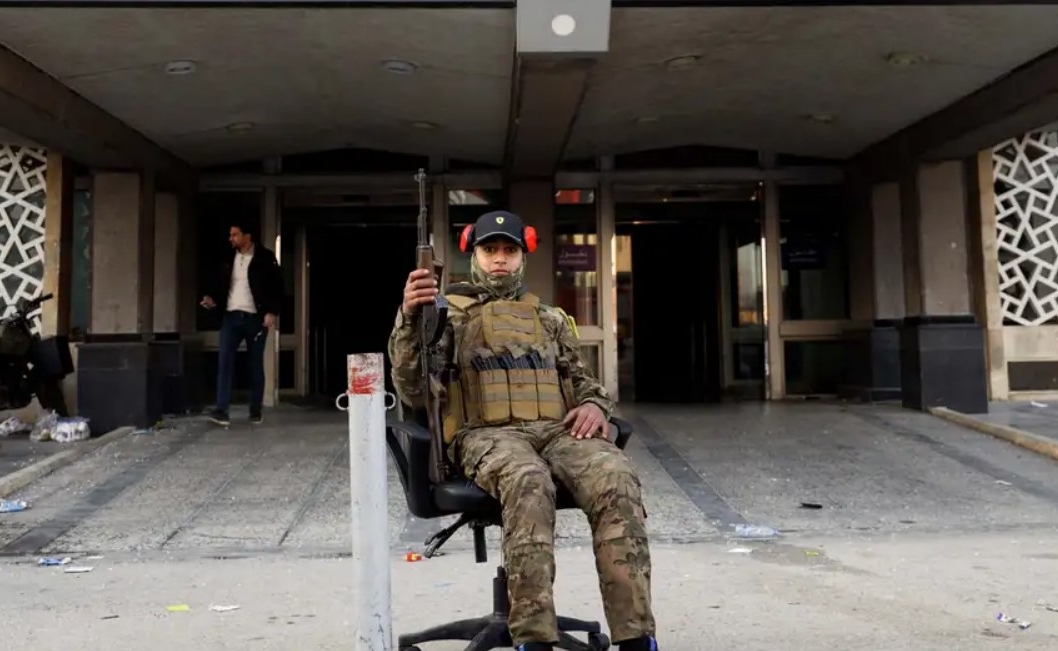
Syrian rebels have overthrown the Assad government. Photo: AP
Risk of mass displacement
Syria's protracted civil war has displaced about half of the country's population and turned between 6 and 7 million people into refugees abroad, most of whom have sought refuge in neighboring Turkey, Lebanon and Jordan.
As fighting intensifies this week, UN monitors say some 120,000 people have been displaced. Even the fall of the Assad regime and the rise of the rebels could further destabilize the situation, creating new waves of displacement.
“From Aleppo to Idlib to Hama, our partners report that the escalation of hostilities is threatening the lives of civilians, causing waves of internal displacement, disrupting essential services and hindering the delivery of life-saving humanitarian aid,” the Danish Refugee Council said in a statement.
The number of people displaced and where they go will depend on how the rebel fighters, especially HTS (Hayat Tahrir al-Sham) – a prominent Islamist rebel group – operate. HTS has reached out to minority communities, pledging to protect them and reassuring them that they have nothing to fear, as its main goal is to overthrow the Assad regime.
If HTS continues to maintain this stance and has a strategy to protect minorities, refugees in neighboring countries such as Lebanon and Türkiye, where they face many hardships and prejudices, may return to Syria.
Conversely, if rebel groups engage in abuses, a humanitarian crisis could ensue, leading to increased migration from Syria. The situation could be further complicated if Assad regime supporters and soldiers attempt to leave the country.
Opportunity for IS extremists?
During the Syrian civil war, the extremist group "Islamic State" (IS) took advantage of the precarious security situation to seize the city of Raqqa in central Syria.
Despite being defeated by the US-led international coalition, IS still operates quietly in remote desert areas of Syria. They continue to carry out surprise attacks on any targets they consider enemies, including HTS.
The fragmentation of both the Syrian government and the former opposition has created favorable conditions for IS to increase terrorist activities, with the number of attacks increasing sharply in 2024, according to the latest report from the US Central Command.
Deyaa Alrwishdi, a research fellow at Harvard Law School and expert on the law of war, has analyzed that prolonged instability and poor governance are key factors that fuel the rise of extremists. Historically, IS has exploited the political divide and power vacuum in Syria, especially in poor and ungoverned areas.
Drug trafficking paradise
The unstable situation with many rebel groups occupying it has turned "Syria into a narco-state", according to researchers at the Soufan Center for Security Consulting.
Due to increasing sanctions from the West, Captagon, a synthetic drug, has become an important source of illegal income to help rebel groups and parts of the former Syrian government maintain their operations.
“There have been reports of Captagon being transported through rebel-held areas, particularly in the early 2020s, and there is evidence of illegal taxation on these items,” said Caroline Rose, a research fellow at the New Lines Institute. “However, HTS has recently been actively implementing measures to disrupt drug trafficking and blame the Assad regime, in order to create a positive image for itself.”
Question marks over Syria's new position in the region
After more than a decade of brutal civil war in Syria, many countries — including European ones — have more or less adjusted their foreign policies, which had been frozen for a long time, to adapt to the new situation in Syria.
Several countries in the region, including the United Arab Emirates and Saudi Arabia, have since moved to normalize relations with the Assad regime. Syria was even accepted back into the Arab League in May 2023.
However, the situation has changed after the fall of the Assad regime. "The rapid collapse of the regime will force Arab capitals to completely change their approach to this issue," MEI's Lister stressed.
Ha Trang (according to DW)
Source: https://www.congluan.vn/syria-di-cu-ma-tuy-va-nhung-he-luy-khac-post324668.html


![[Photo] Fireworks light up the sky of Ho Chi Minh City 50 years after Liberation Day](https://vstatic.vietnam.vn/vietnam/resource/IMAGE/2025/4/30/8efd6e5cb4e147b4897305b65eb00c6f)

![[Photo] Feast your eyes on images of parades and marching groups seen from above](https://vstatic.vietnam.vn/vietnam/resource/IMAGE/2025/4/30/3525302266124e69819126aa93c41092)
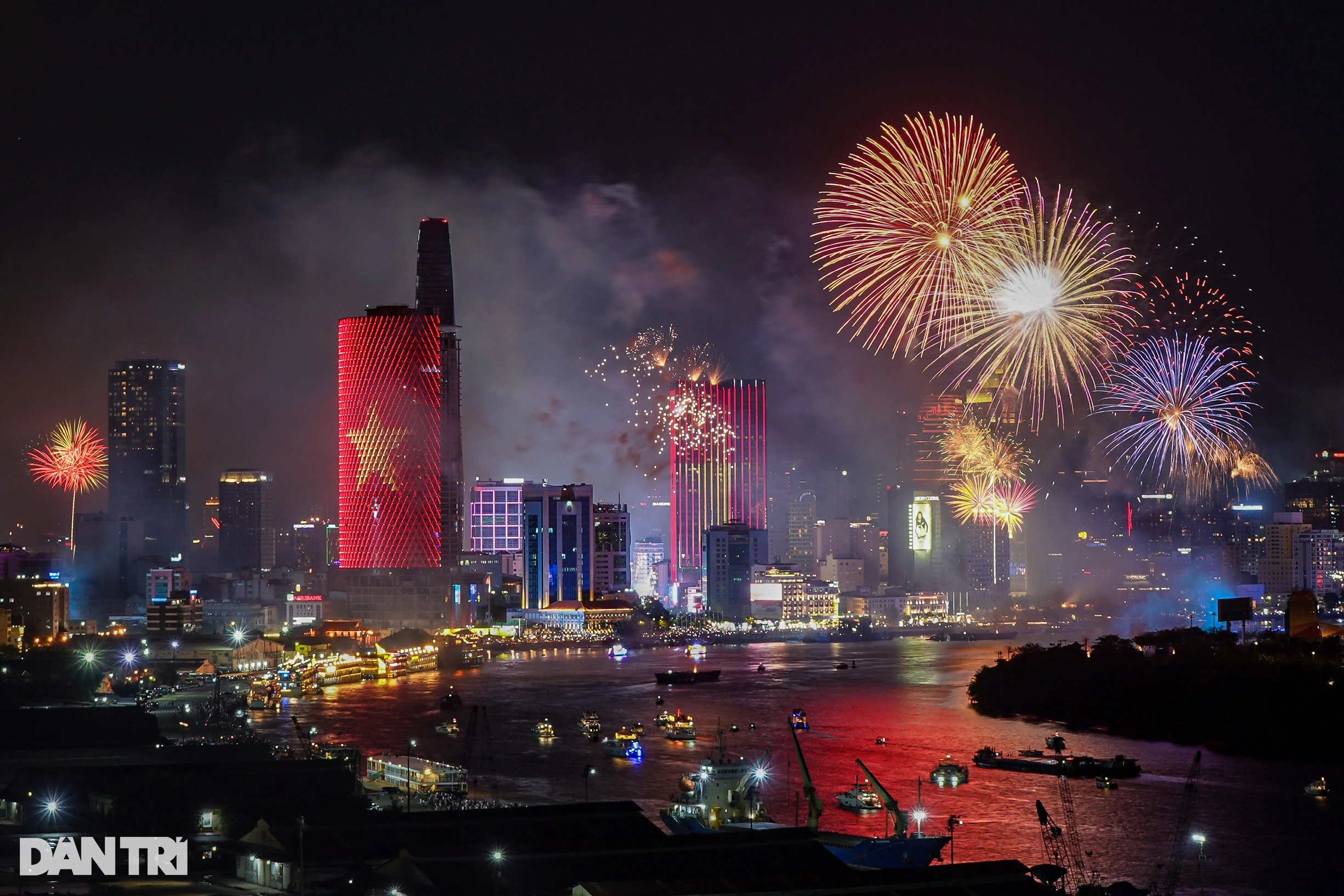


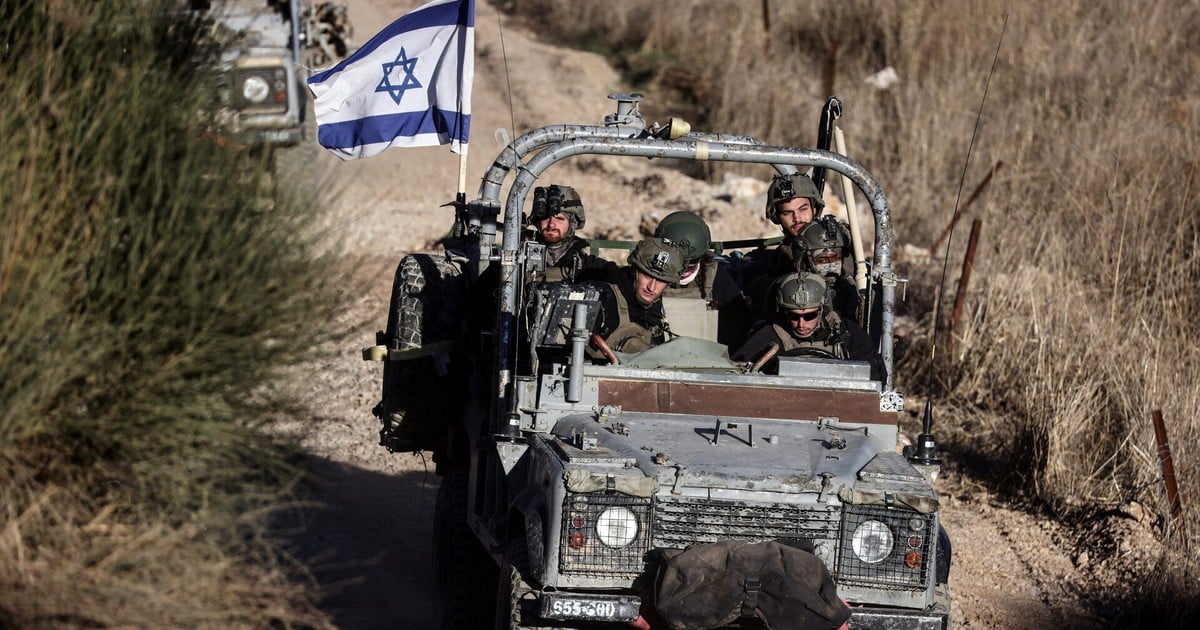

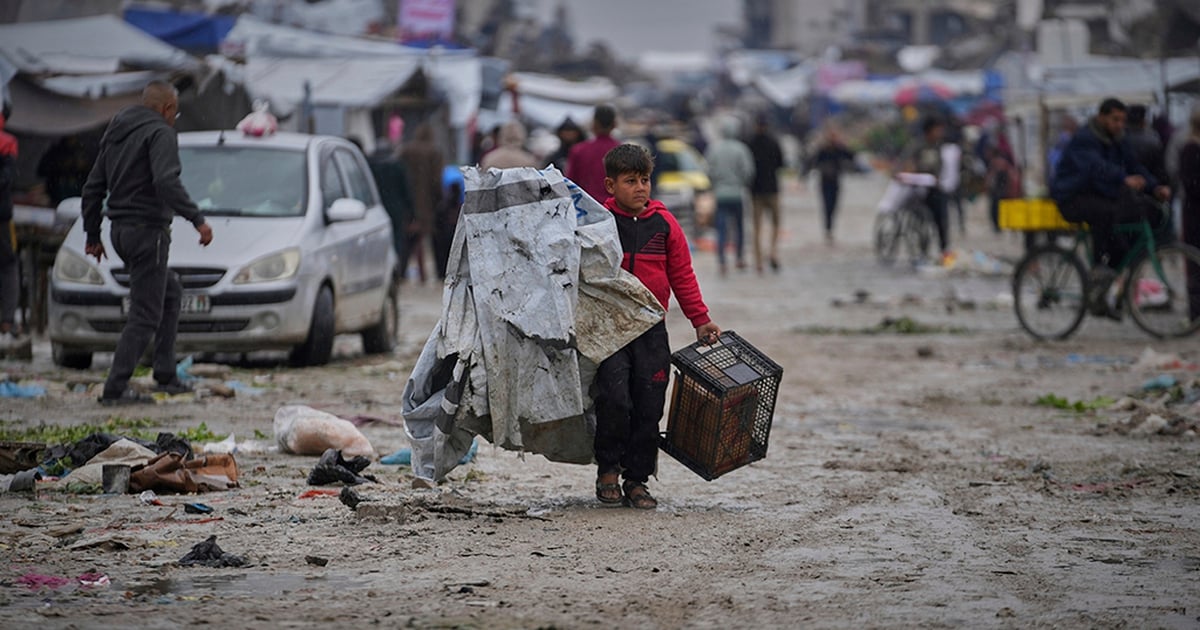
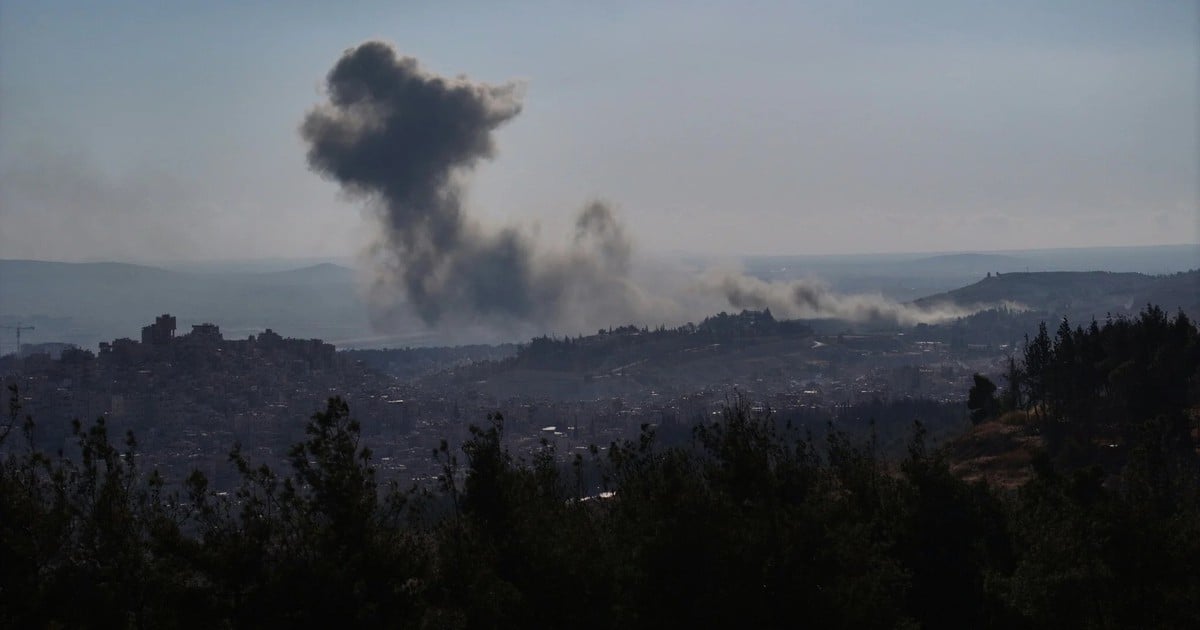


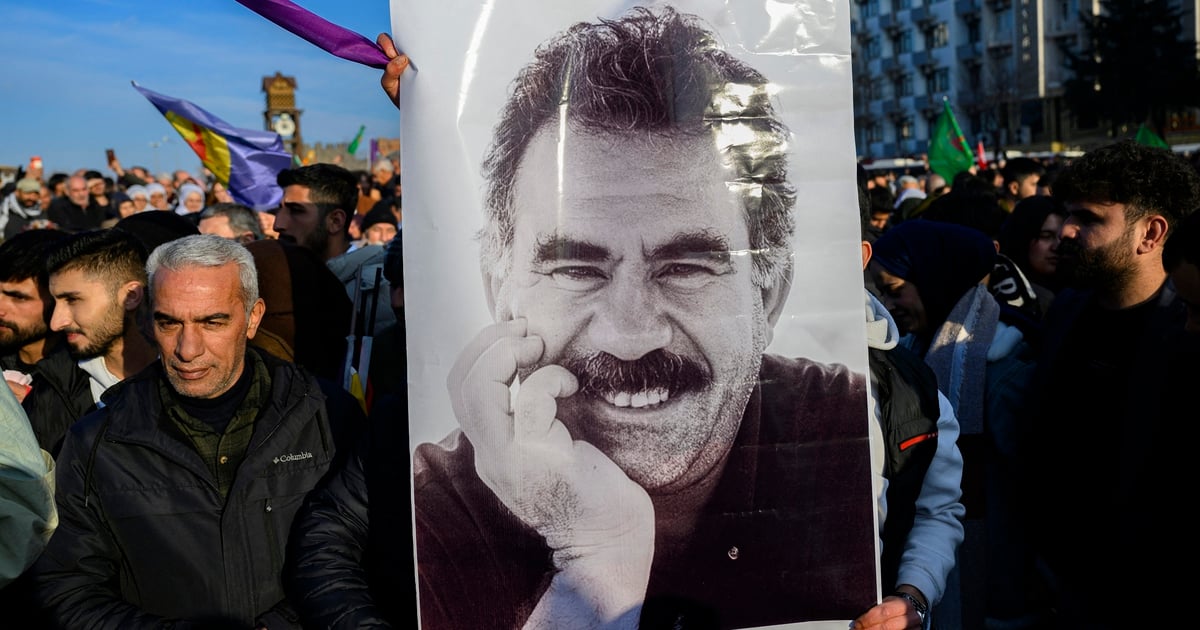
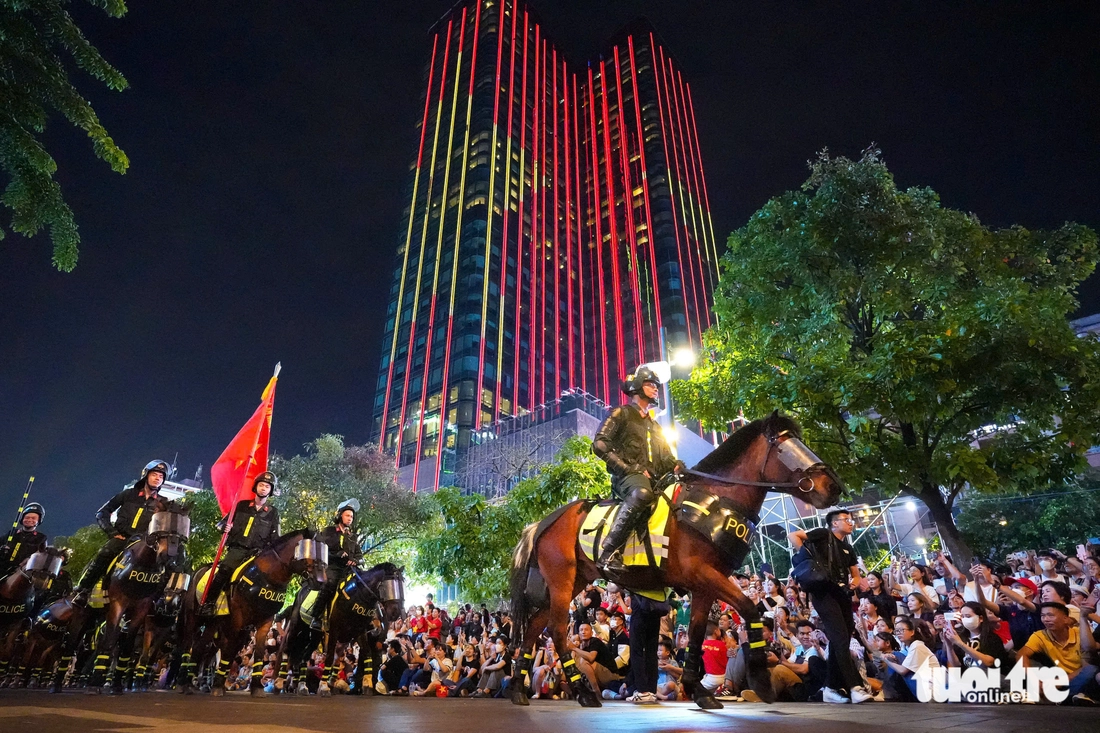
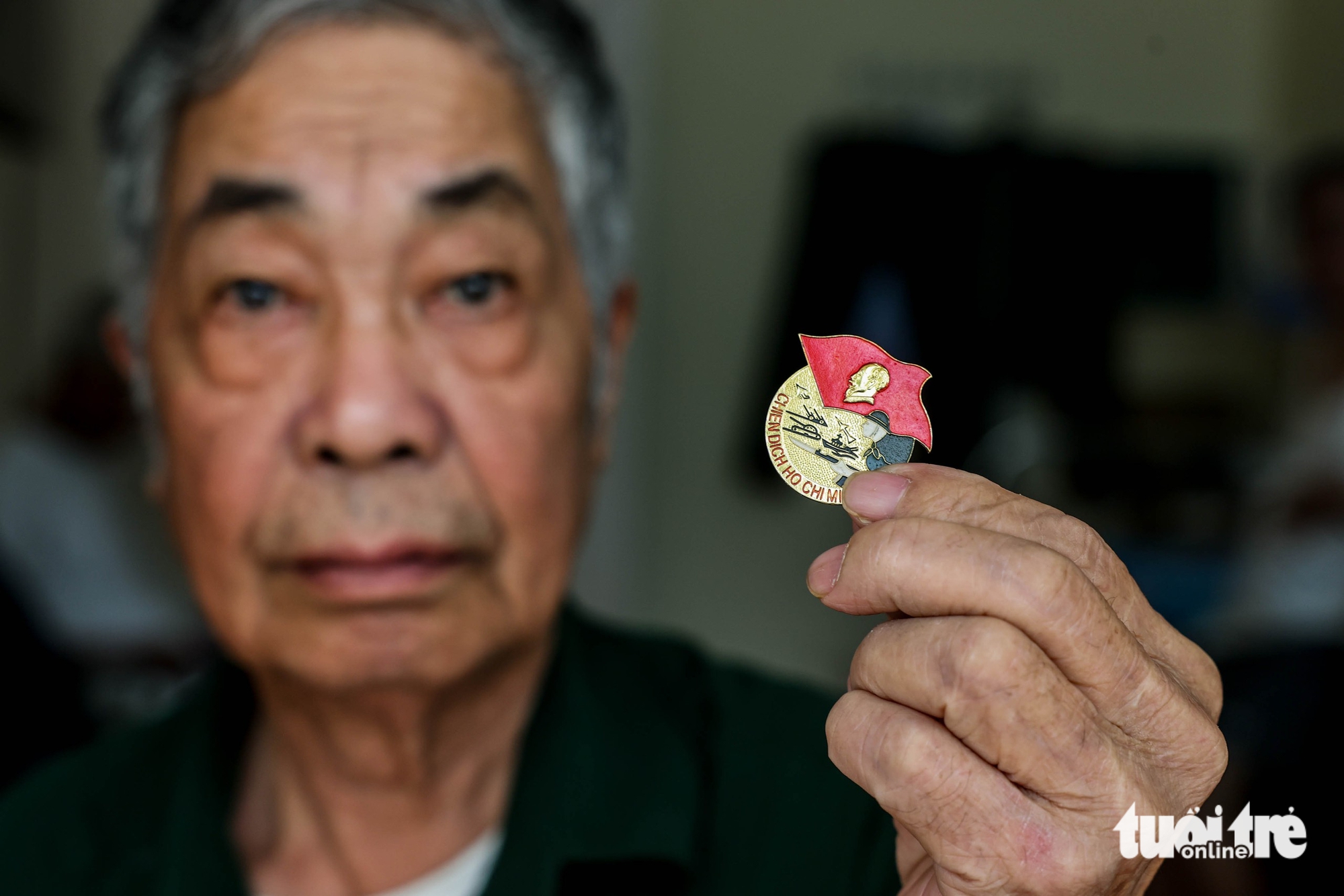

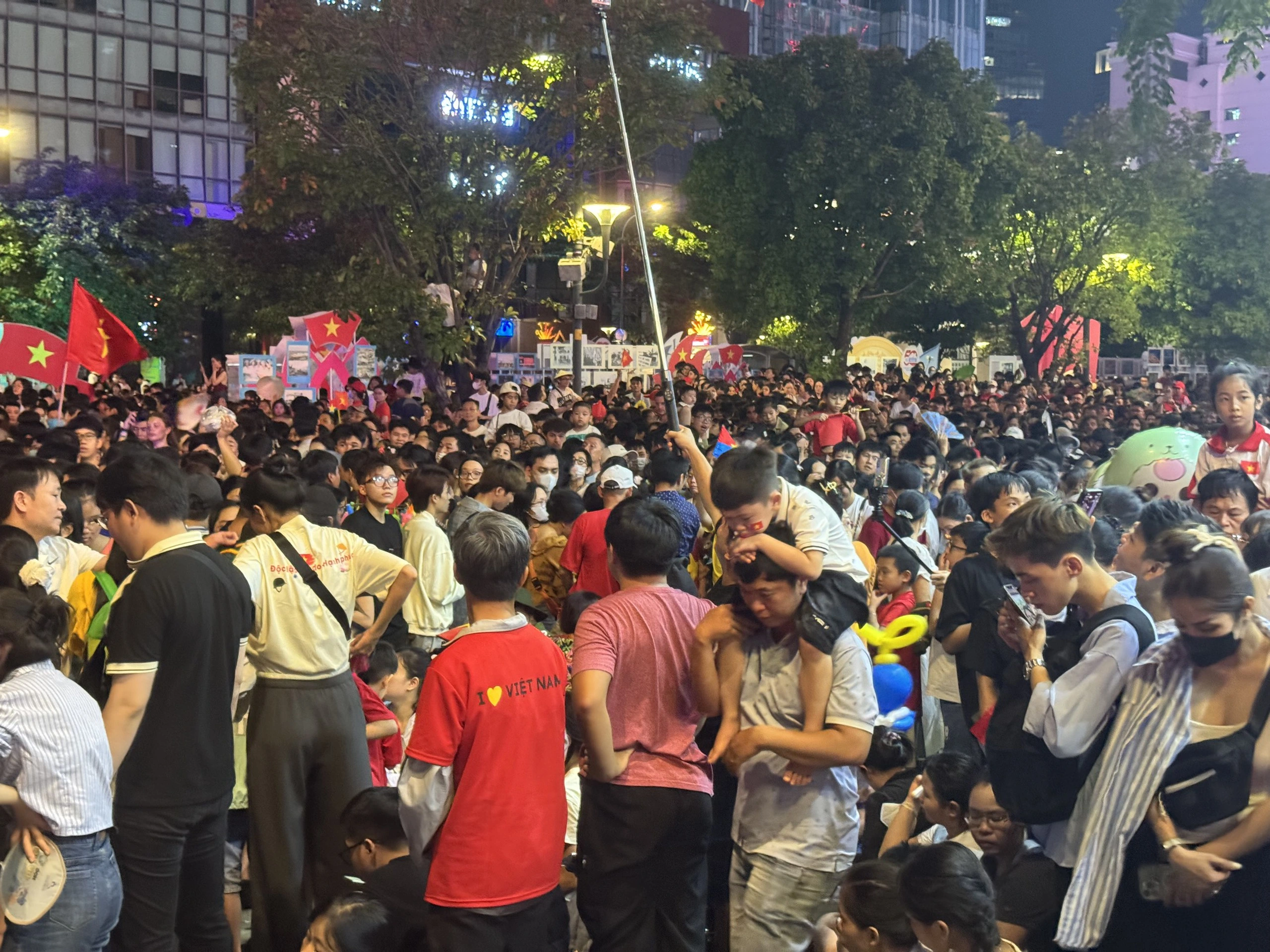

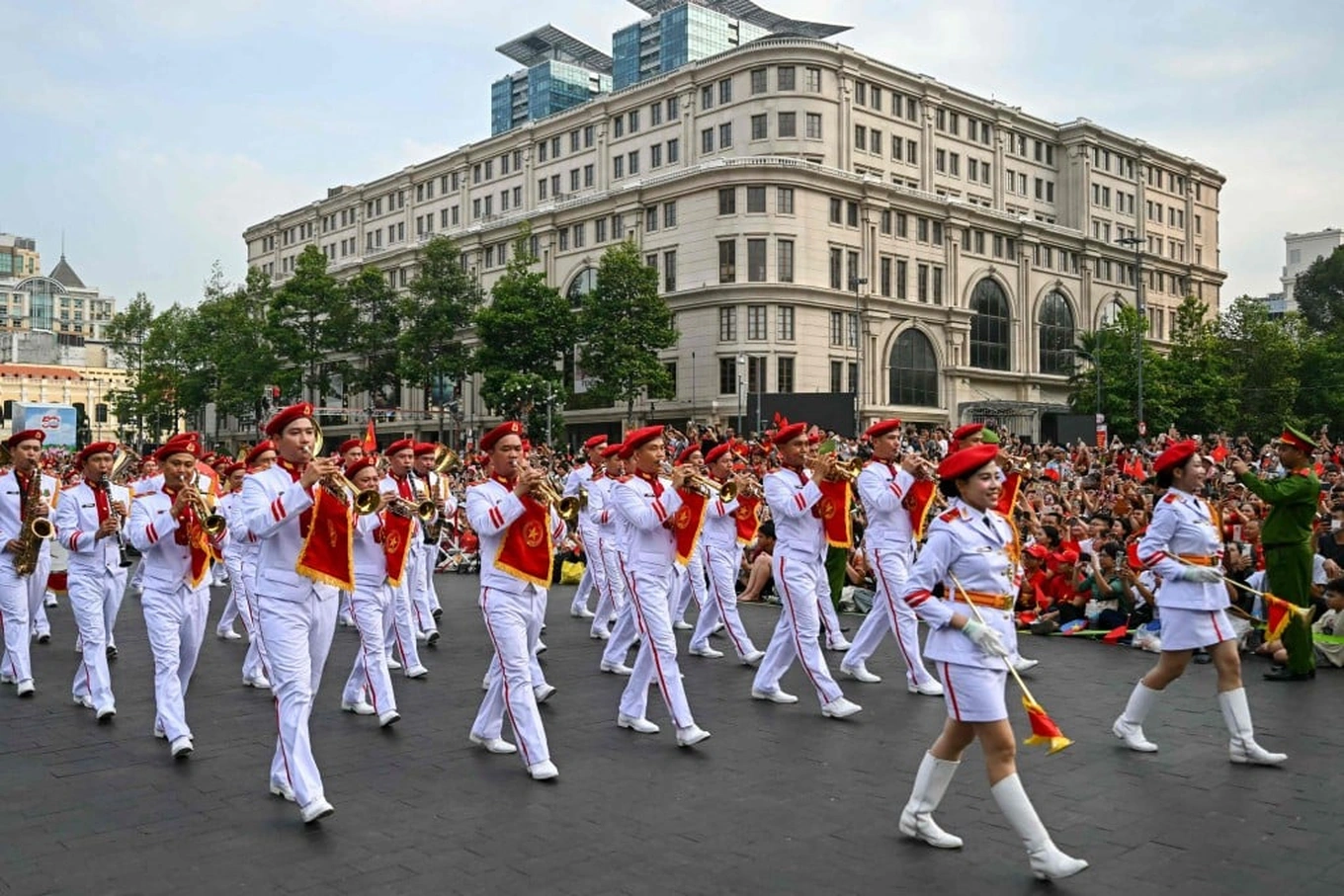
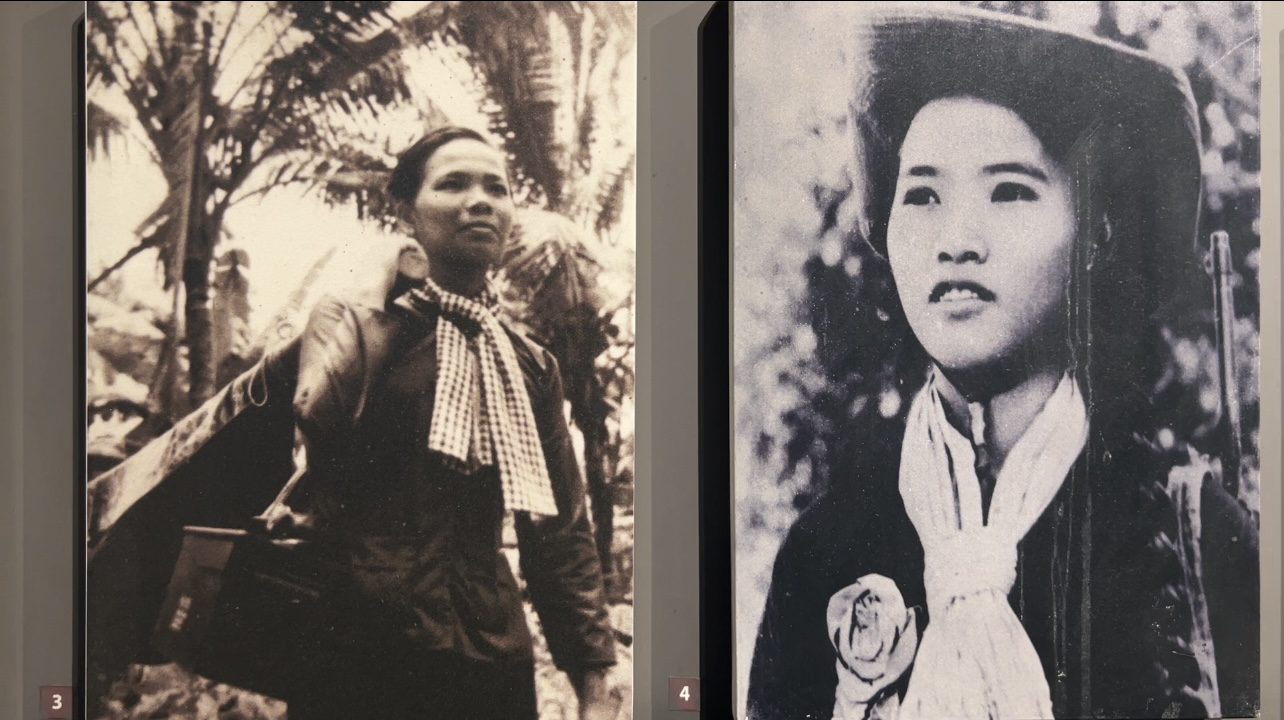


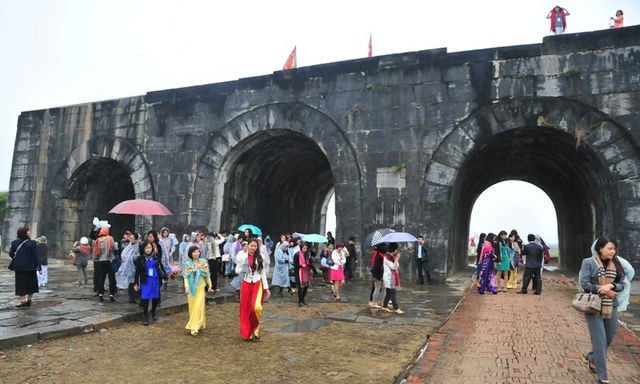





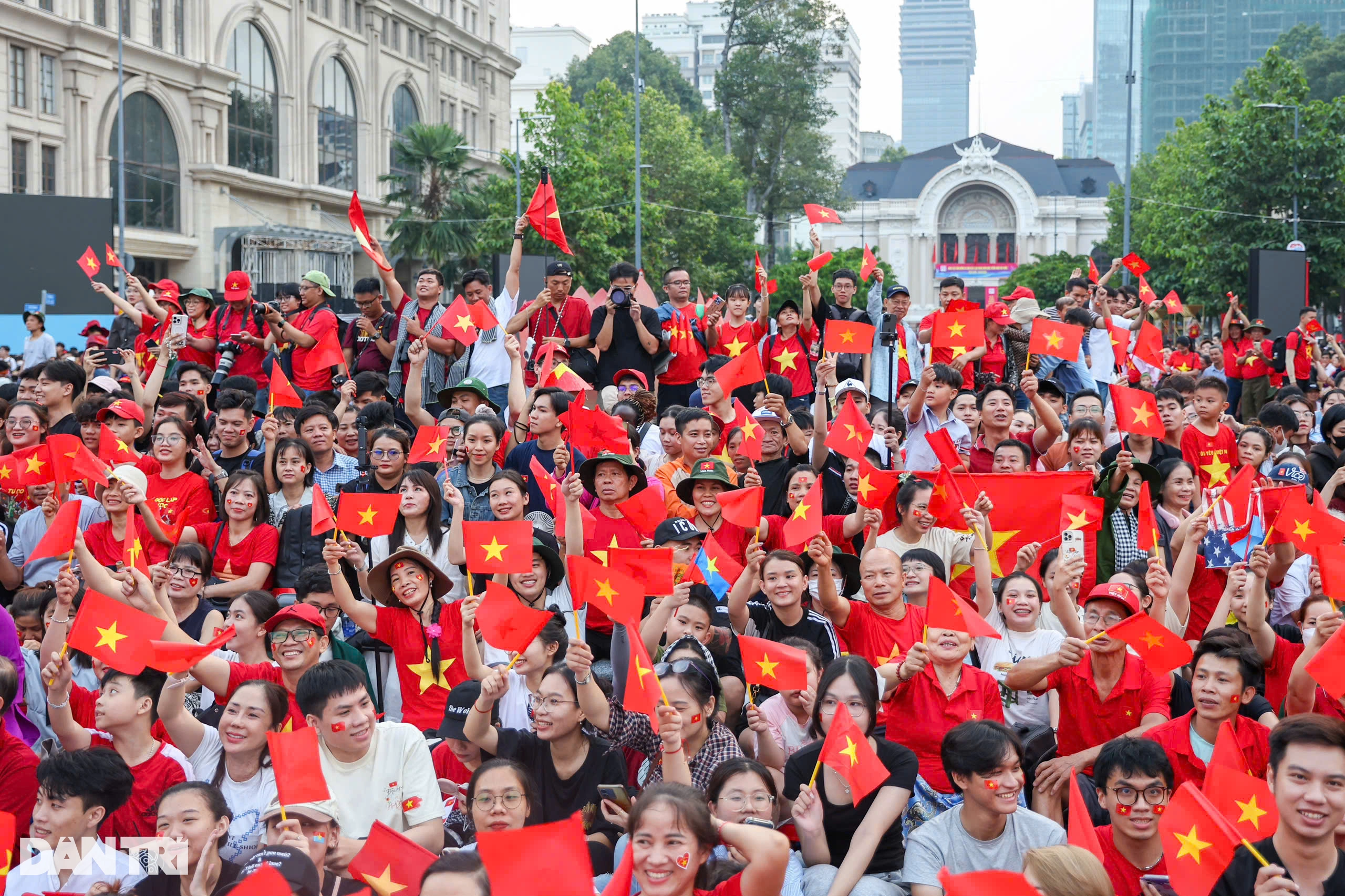




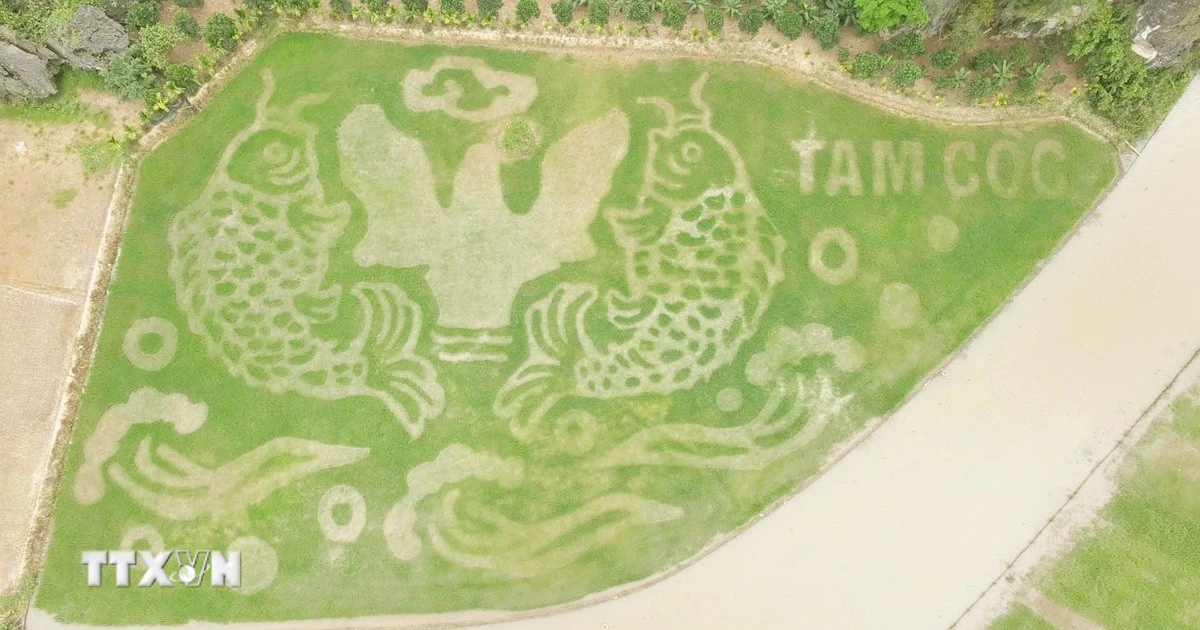

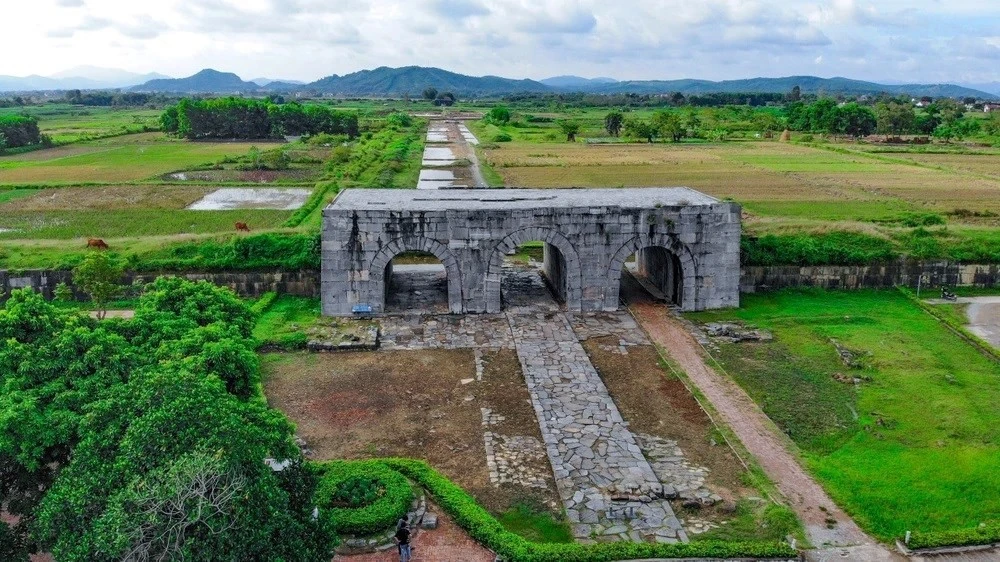



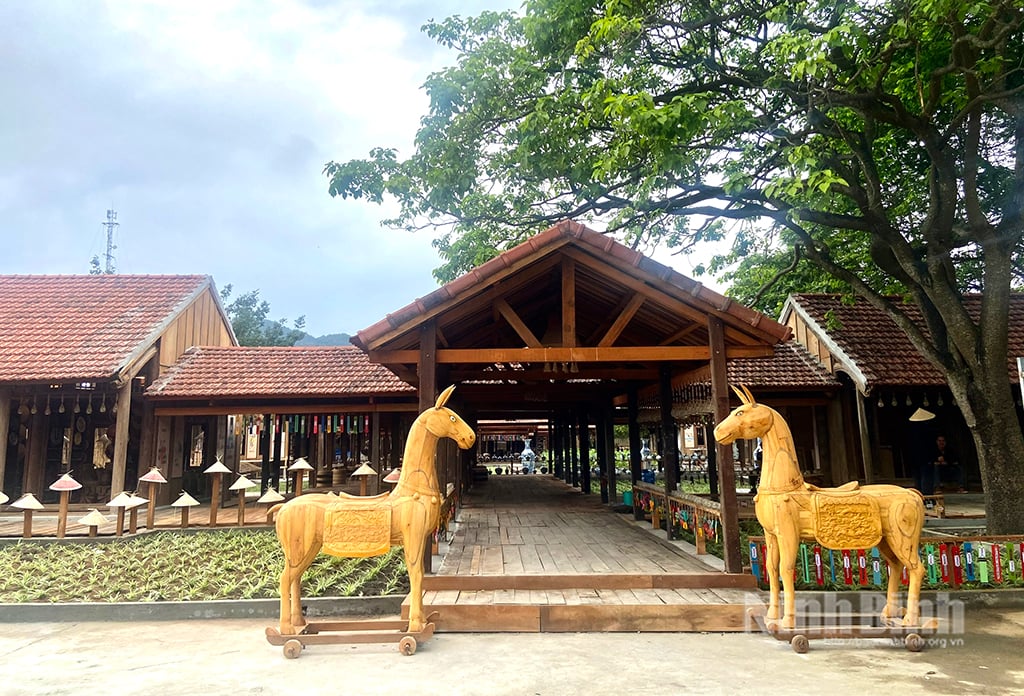








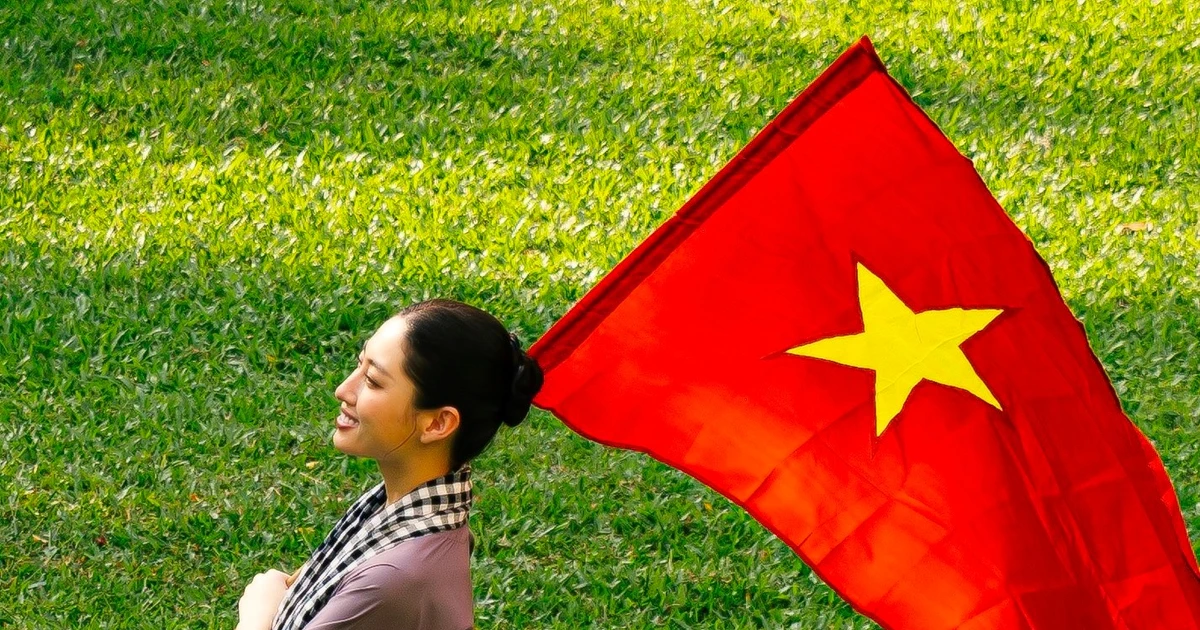











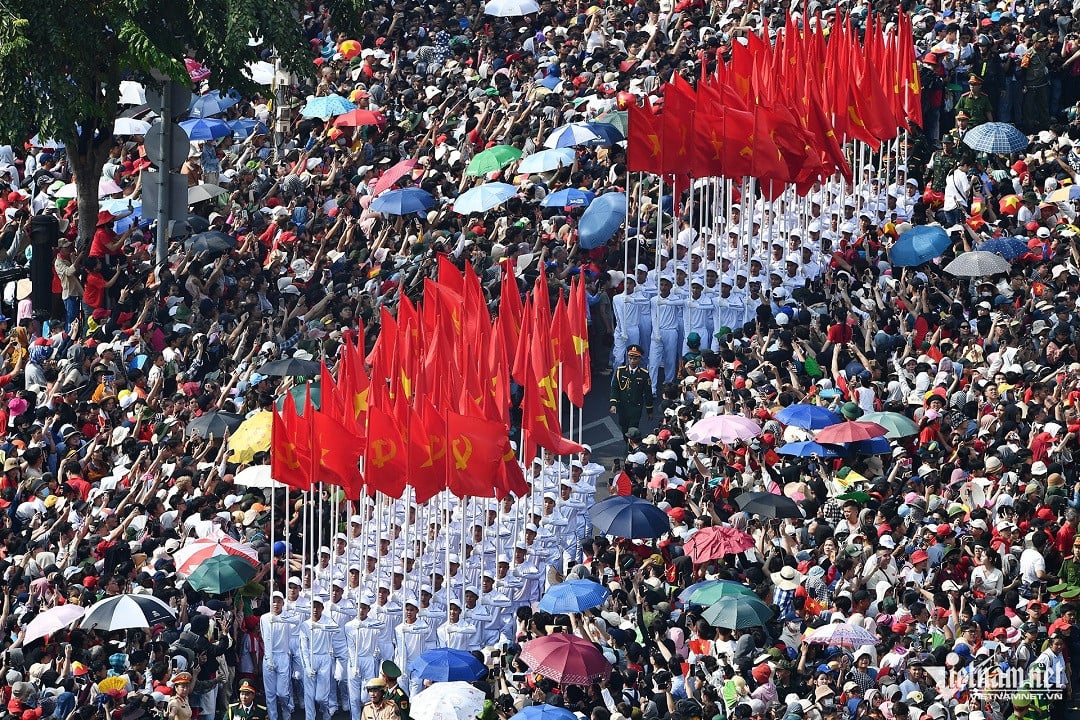

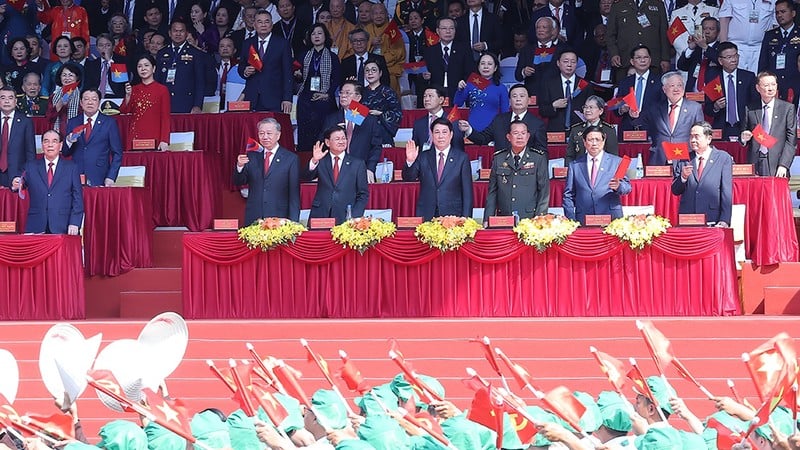
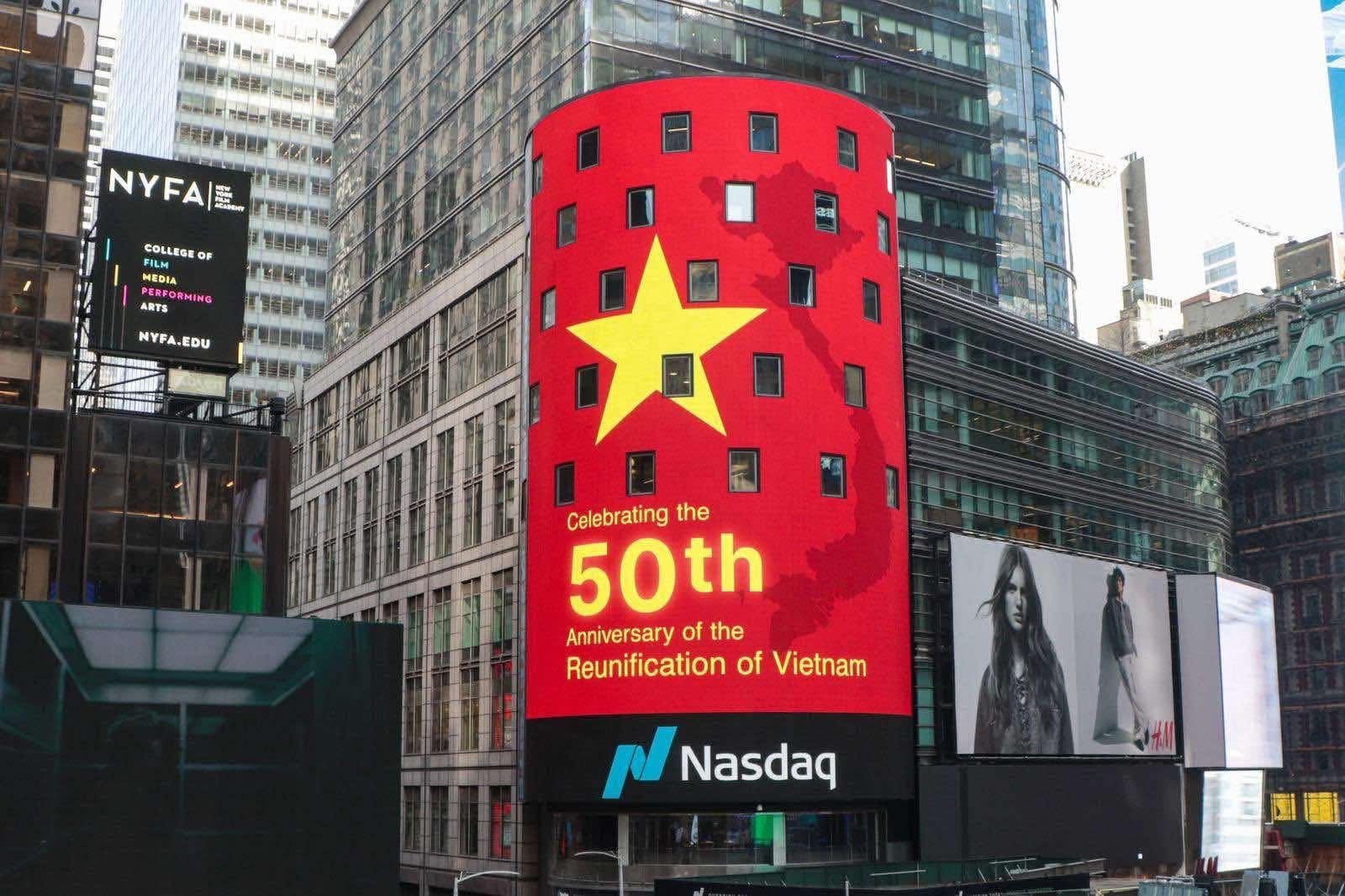

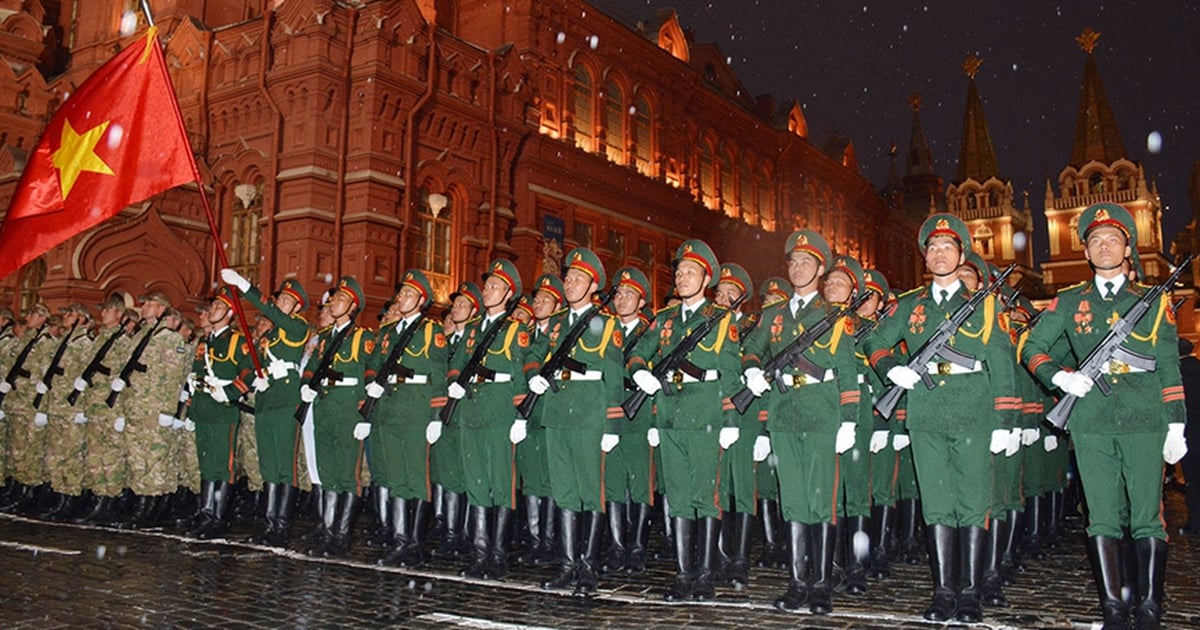















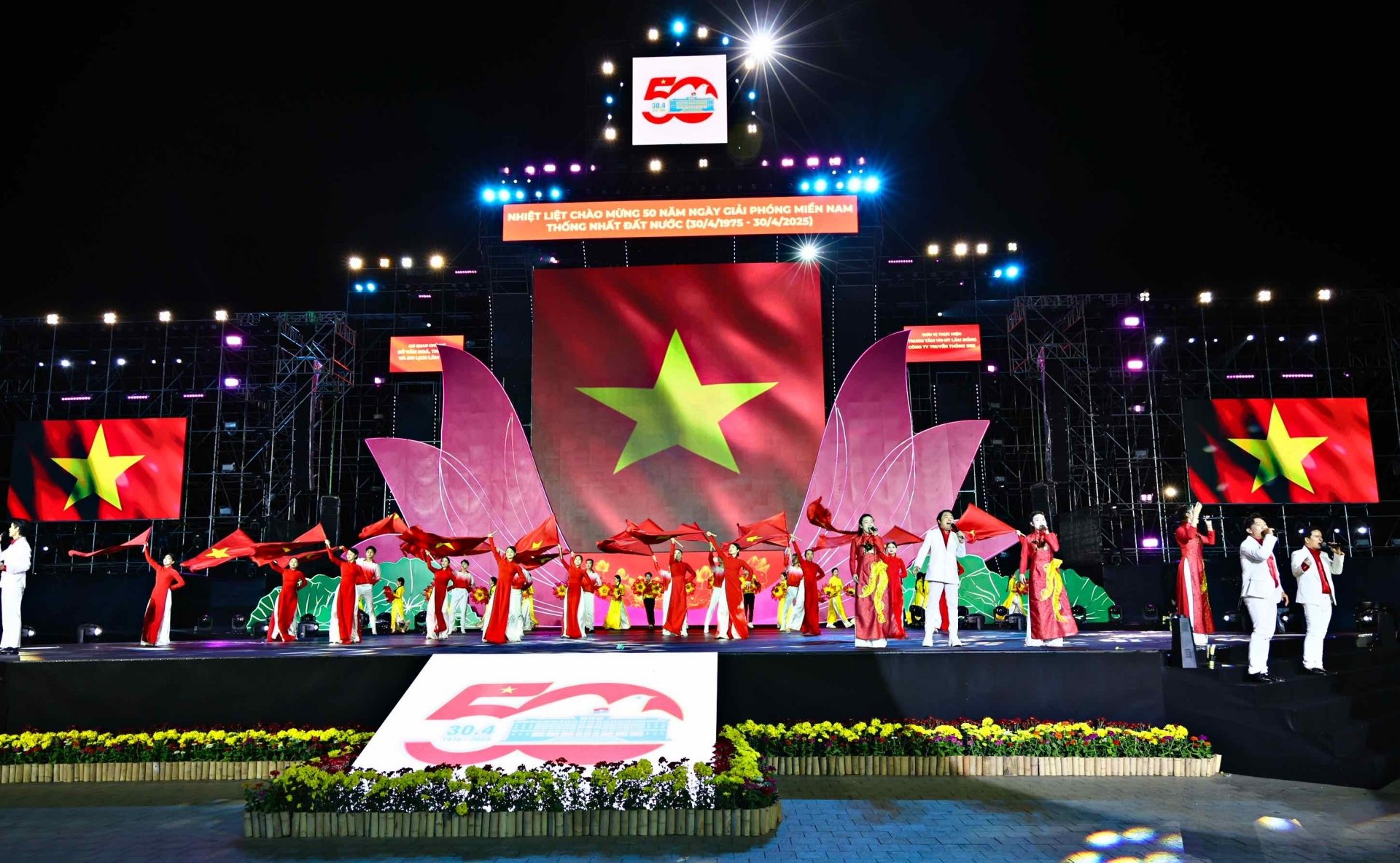



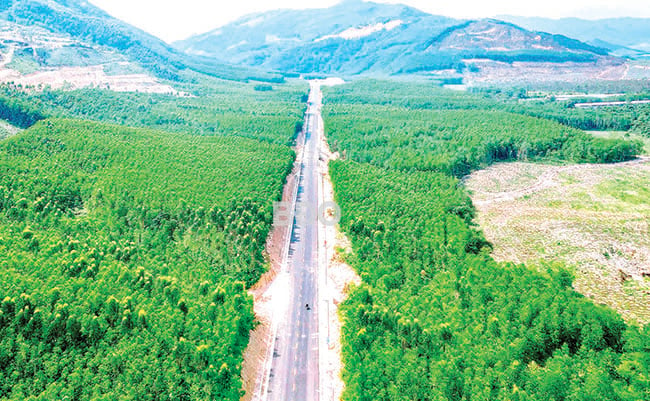










Comment (0)